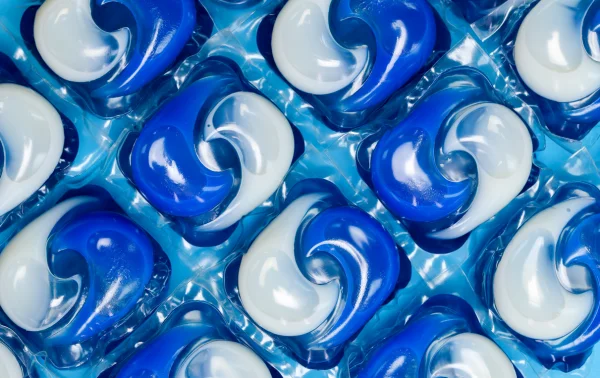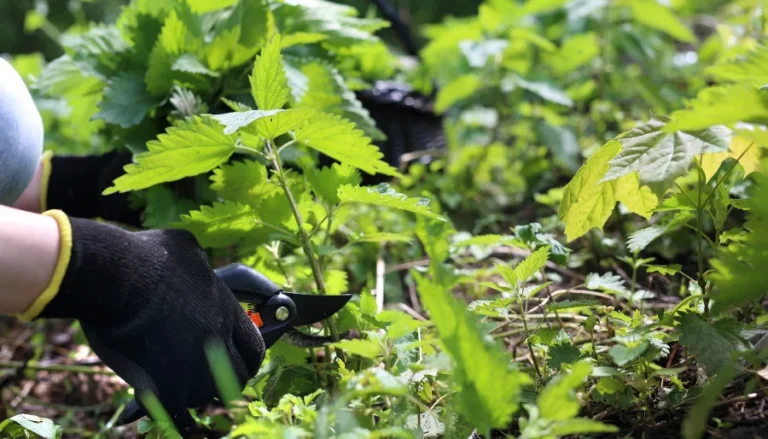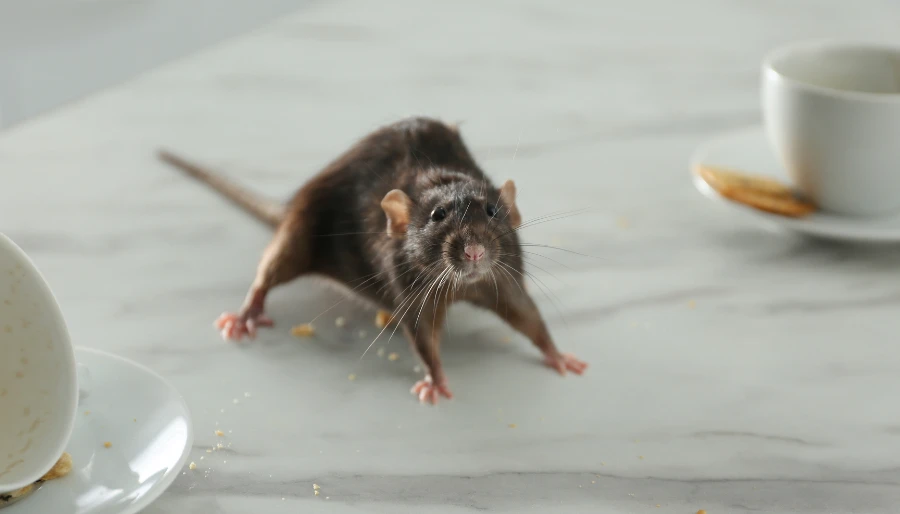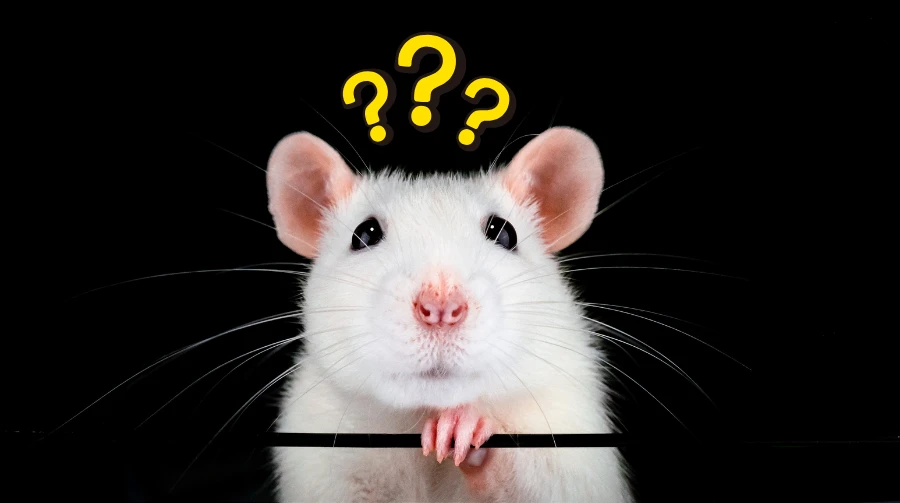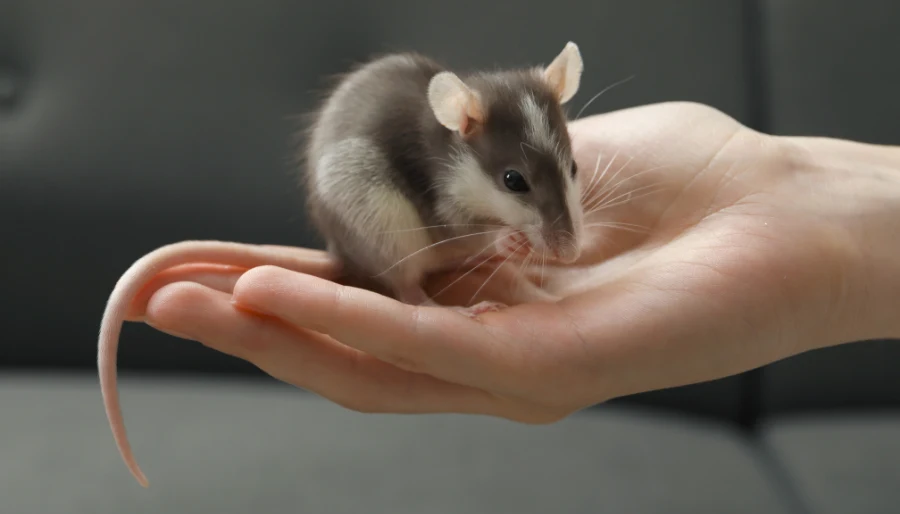Picture this: I set out on a noble quest to wash my clothes in an eco-friendly manner, only to realize I had been fooled by greenwashing. It’s safe to say I was taken to the cleaners, or perhaps even left hanging out to dry.
Here’s the backstory: Over a year ago, I discovered that laundry pods, with their dissolvable plastic casings, were harmful to the environment. Excited about finding a more sustainable option, I stumbled upon laundry “eco-strips” packaged in recyclable cardboard envelopes. These thin, compressed sheets seemed like the perfect plastic-free alternative.
I stocked up on a year’s supply and eagerly shared my newfound discovery with anyone who would listen.
But then, the plot twist: It turns out that those seemingly innocent eco-strips contain a sneaky form of plastic called polyvinyl alcohol (PVA). Yes, the very same stuff found in laundry and dishwasher pods. Although PVA is designed to dissolve in water, it is undeniably a type of plastic—a highly controversial one at that.
To uncover more about PVA and explore sustainable alternatives, I sought the wisdom of Dianna Cohen, co-founder and CEO of Plastic Pollution Coalition, a nonprofit dedicated to eliminating plastic pollution and its toxic effects.
The PVA Controversy
Polyvinyl alcohol, or PVA, is a water-soluble synthetic polymer that readily binds itself to water molecules.
It lurks in the ingredient lists of laundry and dishwasher pods, as well as laundry sheets and strips.
PVA possesses excellent barrier properties, making it effective at holding together liquids and soapy substances.
Its ability to dissolve in water allows it to vanish within our washing machines and dishwashers.
But does it truly disappear?
Dianna Cohen poses a thought-provoking question: “When you stir a spoonful of sugar or salt into water, it dissolves, but is it gone? Take a taste, and you have your answer. It’s the same with PVA.”
As the dissolved PVA flows through the pipes, along with dirt, suds, and wastewater, its fate remains uncertain.
The American Cleaning Institute claims that PVA polymers are fully biodegraded by microorganisms in water treatment facilities and the environment.
However, Cohen, numerous advocates for clean oceans, and a 2021 study published in The International Journal of Environmental Research and Public Health strongly disagree.
They argue that there is a lack of unbiased research on the ecological and health effects of PVA, as existing studies have been funded by companies with vested interests.
Cohen notes, “We do know that PVA has been found in human breast milk and in fish, indicating that it does not simply vanish in wastewater treatment plants. It’s making its way into our bodies and our environment.”
Plastic Pollution Coalition and other advocacy groups, including Plastic Oceans, Beyond Plastics, and 5 Gyres, emphasize the need for an independent study by the Environmental Protection Agency (EPA) to examine the effects of PVA thoroughly.
They urge the EPA to take prompt action to investigate PVA’s biodegradability and its potential impact on the environment and human health.
With nearly 23,000 signatures already collected on a petition, they aim to garner additional support. You can lend your voice to the cause by adding your name here.
Truly Plastic-Free Laundry Soaps
Given the PVA predicament, what is an eco-conscious individual to do?
Here are a few alternatives to plastic-laden detergents and pods that won’t break the bank:
DIY Laundry Soap
Create your own detergent by combining 14 ounces of washing soda, 14 ounces of borax or baking soda, and 4.5 ounces of natural Castile soap flakes. Store the mixture in a sealed glass jar and use one to three tablespoons per load, depending on the load size.
Estimated cost: around $0.10 per load.

Soap Nuts
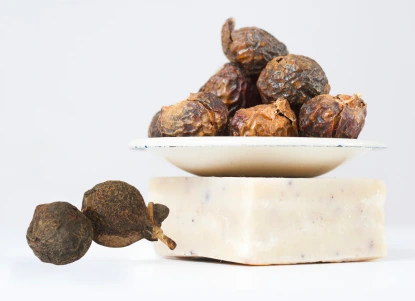
These little wonders have become a personal favorite. Simply place five to seven soap nuts (which are actually berries) into the provided muslin sack and toss it into the wash. The shells of the soap nuts contain saponin, a natural soap that releases into the water.
While they may not generate abundant suds like chemical-laden detergents, soap nuts work well for regular use. You can reuse soap nuts five to eight times before their saponin content diminishes.
Compost the spent nuts and replace them with fresh ones. For a touch of fragrance, add a few drops of lavender essential oil to the bag, as soap nuts are odorless.
Estimated cost: approximately $0.23 per load.
Meliora Laundry Powder Detergent
This powder earns my seal of approval. Made with non-toxic ingredients and packaged in curbside recyclable materials, it offers several all-natural scent options.
Meliora also produces a Soap Stick Stain Remover, which I use to tackle stubborn stains before washing. Estimated cost: around $0.23 per load.
Additional Sustainable Laundry Tips
Choosing a non-toxic, plastic-free detergent is just one step toward greening up your laundry routine.
More To Discover
- Better Vegan Leather Alternatives: Pineapples and Mushrooms May Change Everything
- Australia’s Coffee-Concrete: 30% Stronger Pavement With Recycled Coffee Grounds
- 10 Reasons Why Passive Houses Are the Future of Energy-Efficient Living
- Insects as a Sustainable Protein Source: A Viable Solution for Feeding a Growing Population
Here are some additional tips to consider:
- Wear Clothes Longer: Don’t automatically toss clothes into the hamper after a single wear. Take a moment to evaluate if those jeans truly need washing, or if they can be folded and worn again.
- Turn Clothes Inside Out Before Washing: By flipping your garments inside out, you can protect colors from premature fading and prevent snags during the washing process. This simple step helps prolong the lifespan of your clothes.
- Fill the Machine: Say no to half loads, as they waste water and energy. Instead, aim to fill the washing machine to maximize its efficiency.
- Use Cold Water: Unless your clothes are heavily soiled, opt for a cold wash. This choice saves money, energy, and reduces the shedding of microfibers, another environmental concern.
- Air Dry: Embrace the benefits of air drying. Whether you fully air dry your clothes or partially dry them and then use the dryer for a brief period to release wrinkles, this method will help you conserve energy and save money.
- Skip the Dryer Sheets: Yes, even dryer sheets contain PVA. Instead, try wool dryer balls, which effectively release wrinkles, fluff garments, and reduce static—though they may not eliminate it entirely.
- Avoid Dry Cleaning: The distinct chemical smell associated with dry cleaning is a red flag. Most dry cleaners employ a range of toxic chemicals and petroleum-based solvents that can be harmful to both humans and the environment. Seek out safer alternatives whenever possible.
By adopting these tips and exploring plastic-free laundry alternatives, you can make a meaningful difference for the planet. Let’s strive for cleaner clothes and a greener future, one load at a time.







